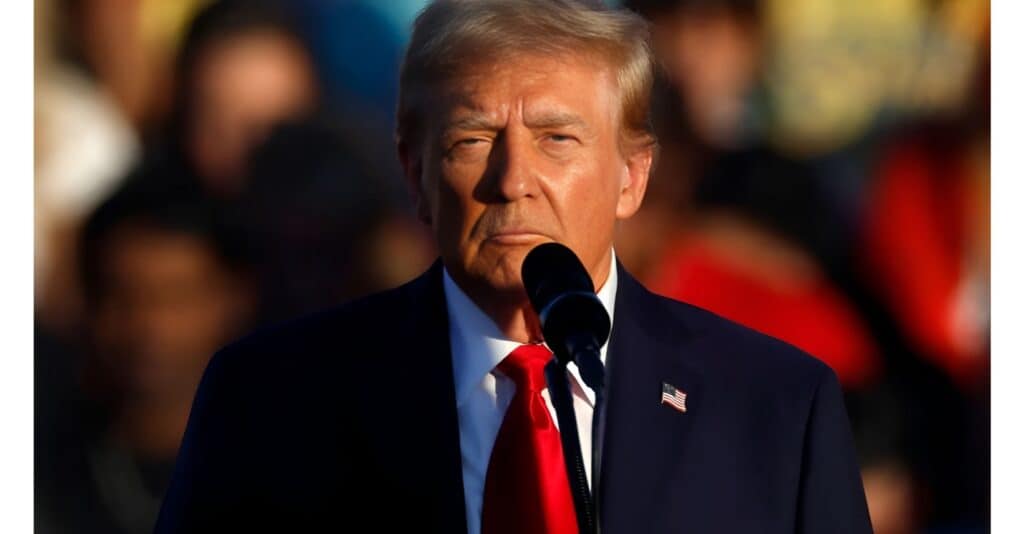Missing from the Table: The U.S. Decision to Skip COP30
As nearly 200 nations gather beneath the canopy of the Amazon, one flag—the American one—will remain folded and still.
Belém, Brazil, is preparing to host COP30, a milestone conference that will gather nearly 200 nations to evaluate progress toward the goals of the Paris Agreement. The Amazon setting is meant to highlight the urgency of protecting natural carbon sinks and addressing deforestation.
Organizers hope the summit will produce stronger commitments for climate finance, forest restoration, and sustainable development. For many nations, COP30 represents a turning point for climate diplomacy in the global south.
The U.S. Steps Away

The Trump administration has confirmed that no high-ranking U.S. officials will attend COP30. The decision follows the formal withdrawal from the Paris climate accord earlier in the year. The White House statement cited “economic sovereignty” and “energy independence” as reasons for opting out of the event.
This move marks one of the most significant breaks from global environmental engagement in modern U.S. history. Previous administrations, regardless of political affiliation, maintained at least a minimal diplomatic presence.
Trump’s Energy and Climate Philosophy
President Trump’s climate stance is rooted in his belief that environmental regulations stifle economic growth and innovation. His administration has rolled back numerous environmental protections, including methane emission limits and clean air standards. He frequently describes climate change as exaggerated or manipulated by foreign competitors to weaken the United States.
By refusing to attend COP30, the administration signals that it does not consider global consensus essential for addressing climate issues. Instead, it promotes a vision of national control over energy resources and reliance on private sector solutions.
The Global Response
World leaders and environmental advocates have expressed disappointment over the U.S. decision. Many fear that without American involvement, momentum for ambitious global action will fade. The European Union and several Latin American nations are expected to push for stronger commitments to fill the gap, but analysts say progress will be slower without U.S. diplomatic leverage.
Some observers note that the decision could also strain relationships with allies who view climate change as an existential threat. At the same time, China and India may see an opportunity to expand their influence in global climate negotiations.
Domestic Fallout
In the U.S., reactions mirror the deep political divide over climate policy. Environmental organizations have called the decision reckless and short-sighted, arguing that it undermines scientific consensus and America’s moral leadership.
On the other side, industry groups and political allies of the administration have praised the move as a victory for energy independence. They argue that global accords impose unfair economic costs and that the U.S. can achieve cleaner energy through innovation rather than regulation.
What the Absence Means for the World
Without the United States, COP30 will still proceed, but its outcomes could be limited. The U.S. is one of the largest emitters of greenhouse gases, and its policies have a ripple effect worldwide. Financial aid for developing countries, technology sharing, and emissions reporting systems often rely on American participation.
The absence of U.S. leadership may force other countries to find alternative financing models or new partnerships. While this could inspire regional alliances and creative solutions, it also risks fragmentation of global efforts.
Brazil’s Role as Host

Brazil has framed COP30 as an opportunity for renewal, emphasizing the importance of protecting the Amazon and elevating Indigenous voices. The government is determined to move forward with or without U.S. engagement. Yet, behind the optimism, there is concern that the absence of major funding commitments could weaken initiatives that depend on global collaboration.
Looking Ahead
As the world gathers in Belém, the absence of the United States will be impossible to ignore. Whether the summit can produce meaningful results without one of the planet’s most powerful economies remains to be seen.
For now, the decision reflects a new era in American foreign policy, one that prioritizes domestic energy production and disengagement from multilateral environmental accords. COP30 will proceed, but it will do so in the shadow of the United States’ empty seat.
What Trump’s Birthright Citizenship Plan Means For All Americans

This policy change would likely weaken the social fabric and sense of national unity, as it challenges the longstanding principle of inclusivity that has been a cornerstone of American society since the ratification of the 14th Amendment.
Based on reports from NBC News, President-elect Donald Trump has announced plans to end birthright citizenship and potentially deport American citizens born to undocumented immigrants, sparking debate over the constitutional and practical challenges of such a sweeping policy change. Learn more.







